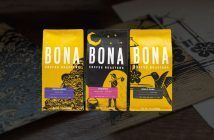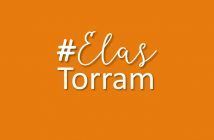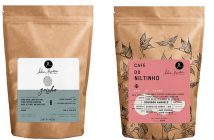Wolff Café is being reinvented with the inclusion of new partners
One can’t talk about roasting professionals in Brazil without mentioning Hugo Wolff. Persistent, methodic and disciplined are adjectives that usually precede his name. But he is much more than that: he is a roaster totally passionate for what he does and, above all he values the small producer of special coffees.
Hugo left Rio de Janeiro, where he lived while working as Navy officer, intending to venture. In Rio, he used to skateboard in Copacabana, he went to the beach; his universe was far from special coffees.
His family owned a small property in Ibiraci and, in order to fulfill his fondness for coffee, he decided to start studying the subject and attended some courses. “In my first year at the farm, in 2010, I could make a special coffee with 85 points (SCAA scale)”, he reminds.
His father used to work with commodity coffee, and didn’t know what quality coffee was. “I was very glad with the experience and felt motivated to keep on working at the farm. But, though I was fascinated with the quality of coffee I reached, I was horrified with the quality of the coffee that Brazilians drink, that I used to drink”, he recalls.
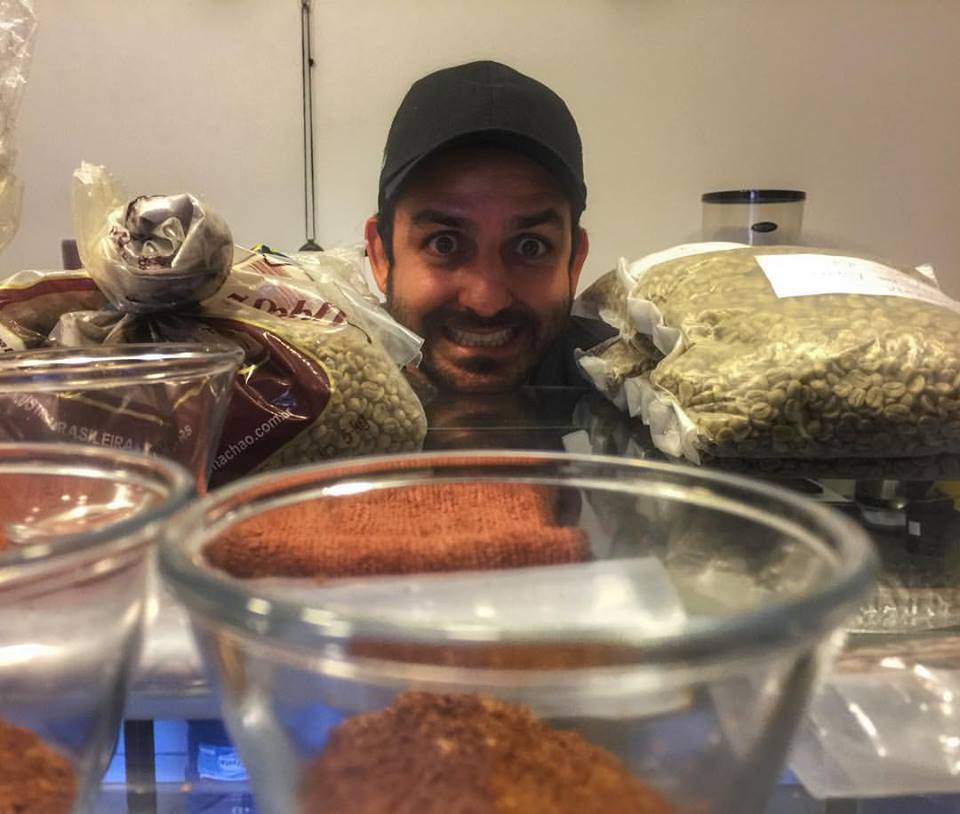
Indians want whistles*
“It is unacceptable that Brazilians work to date delivering redwood and receiving mirrors”, says Wolff. With a degree in engineering and passionate for the industrial revolution, equipment has always attracted him. So, when he met the roasting science, it was love at first coffee.
While at the farm, he noticed that he first needed to learn to taste coffee. But for that he also needed to learn to roast. Then he embarked on many studies, both on roasting and tasting.
In 2012 he attended the Qgrader course in Lavras, Minas Gerais. He didn’t know exactly what it was about, by a friend told him that it was an expensive taster course and that he would learn to taste coffee. “When I joined the course, the teacher’s assistant commented that the previous class, with 27 people, had failed. I was terrified. I had just joined the market, nobody knew me, but I was approved in first place”, he adds with pride.
*Reference from a Carnival march from the 60s, in Portuguese “Índio quer Apito”
Strong personalities
Back to the farm routine, father and son, both with strong personalities, started to be uneasy; and decided to delimit their work at the property: the father would take care of the planting and the son would be in charge of roasting. And everything was fine until Hugo fell in love and decided to live in São Paulo, in Santana, North Zone.
“Wolff Café’s whole structure works in this house until today. We have nine persons working here on a daily basis”, he tells.
It is with joy that he recalls his first client: Beluga Café (currently Takko Café São Paulo), that bought Mundo Novo special coffee, from his family farm, with a more caramelized roasting profile. Today they count on a portfolio with 60 coffee shops across Brazil.
As a good engineer, Hugo likes to have everything in the right place, chiefly when it comes to management. “At the time when we started, I used to do everything. As we started to grow, I wanted to stop working on finances. I was lucky to find a highly qualified person to help me, Pedro Villela, executive at Rise Ventures Brasil who is today one of my partners. What we did at Wolff with small producers’ issue, Pedro does with small firms. My other partner, Caio Boria, on the other hand, is from XP Investimentos”, explains.
By the way, besides being a partner, Caio, also from the Navy, was responsible for presenting to Hugo the coffees from Minas Gerais south region. “He assured to me that the taste was much better than that of traditional coffees”, he tells.
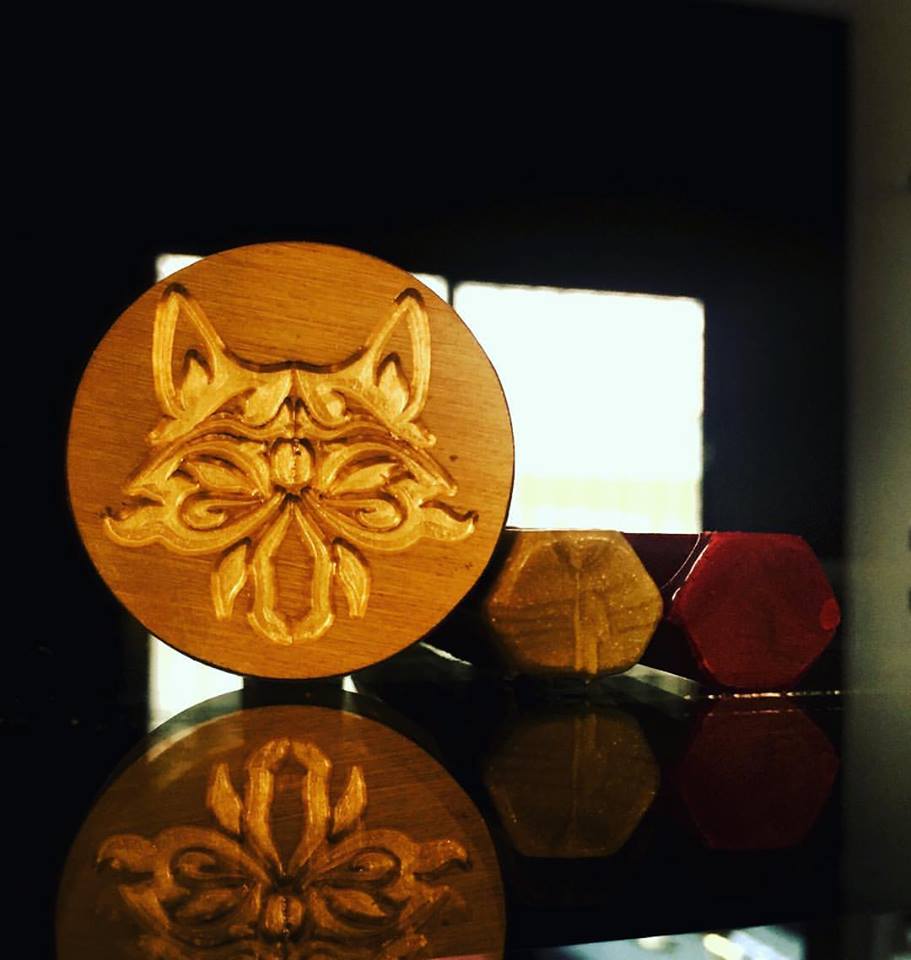
New phase and new sales channels
Pedro and Caio joined Wolff Café recently and they plan to really create impact in the chain. “Today we can’t buy too much coffee from small producers or help them as we would like. Sometimes, they don’t even know what to do to meet our demand. The journey is a long one and our goal is to work on the two ends: both with the producer and the coffee shops”, he explains.
Besides, the partners are now seeking new clients, channels other than coffee shops alone. “We want to sell special coffees to offices, bars, restaurants, hotels, and help improve this market”, says Wolff with enthusiasm.
Hugo believes that these new channels will be quite important for the business future, and so they hired an agency and are working on rebranding. “We are in a moment of transition, the name and the logo will remain, but we will change everything, start a new phase. And the public will get to know the novelties by the end of August, September”, he tells.
According to him, it took two years to understand this market, consumption profile, in order to know what they needed for the new phase. We will keep turned to the domestic market, because the level of the product we work is only consumed by 1% of the market. That is, we have a huge challenge here”, he explains.
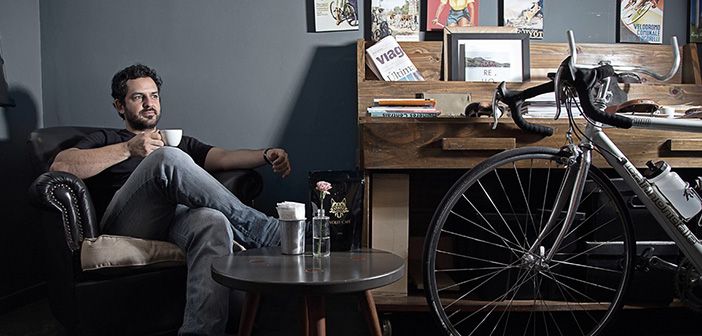
“At Wolff Café we see coffee with the tongue”
Hugo loves to taste coffees, many coffees. “I travel across Brazil, I see everything”. But what attracts him most is to learn the whole production concept, the product taste in the cup. That’s when he goes back to the producer to provide a feedback; to tell what is right and what is wrong in the coffee.
Wolff firmly believes that the small producer must be taught to taste his own coffee. “He must learn to taste if he wants to join a fairer market and receive better remuneration. What shocked me when I came to the universe of coffees was the fact that it is not the producer who sets prices to his coffee, but the buyer is the one who sets its value. And that is totally wrong. That’s why I went to teach the producer. He either learns or will become hostage to other persons”, he concludes.
As principle, not to create blends
Hugo Wolff does not create blends; he only works with single origin coffees. And explains why: we don’t create blends at Wolff Café out of respect for the producer. Not because I don’t know how to blend, or because I think it won’t improve the coffee, but I want the person to drink the producer coffee, to have in the cup this producer work’s result. When I create a blend, the customer will see only my work. So I decided that I won’t appropriate a product that was not produced by me”, he explains.
In its constant search for better grains, Wolff Café has worked with producers from many coffee regions in the country. But now Hugo is very interested in the pioneer Paraná north region. “There is a group of women there that assumed the role of producing special coffees. Particularly, I find the woman work in family agriculture very important, chiefly with special coffees. Because they demand care, perfection, attention, precision”, he says.
Wolff was one of the discoverers of Serra do Caparaó special coffee, particularly from Forquilha do Rio ranch, by Afonso Lacerda. “He is an example of a producer who reached the highest level, he reached 93 points”, he tells. He has lately been working with coffees from Jucy farm, in Cássia dos Coqueiros region, which he admires for its high technical level. And finally, Hugo picks many coffees, chiefly organic coffees from Chapada Diamantina.
How to help the producer
In Hugo Wolff textbook, the producer of special coffees must understand that he is, indeed, a small entrepreneur, and must know the cost, the sale value, learn his portfolio of customers, learn with whom to relate, to whom to sell, how much his product is worth, ultimately, he must do his homework. In addition, of course, to learning to drink his coffee. A long run in a country where elementary education is not yet a priority.
“Here we pay for special coffees above R$ 900 a bag. We believe that, for such price, the producer will have 100% of his costs paid. But the coffee always scores above 85 points”, he explains.
By the way, scoring is a polemic theme in the house. Wolff believes it is dangerous to talk about points in order not to create a speculative market only. “Nowadays, we no longer talk about scoring of special coffees, we rather describe their sensory grades”, he comments.
“There will come a time when coffee will cost what it is worth. People are still rather immature to understand the whole extent of special coffee level. We are in a transition period. Special coffee is no longer fashion, it came to stay, to occupy its place”, he believes.
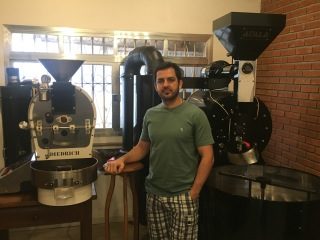
How to educate the consumer
The whole market agrees that the Brazilian consumer must be trained, because he doesn’t know the quality of special coffees produced in his own country. It is an almost virgin market. An excellent product must be introduced to this consumer. How can a roasting master help in this process?
“We have a very important role here in the company. While roasting, we reduce the coffee acidity. When it happens, it gets caramelized, making its taste more similar to that of the traditional coffee. It is still a quality coffee, but it becomes less strange to laic public taste, less different than a very acid special coffee. That’s how we work. We don’t roast for us, for our taste. We pick a very high quality product and make it more commercially feasible. We want to transform the romantic aspect of special coffees into something with more commercial appeal. These adaptations of profiles for the grain are one of the ways to do so. We must train the Brazilian consumer little by little in order to reach a constant evolution. Formerly, around 70% of special coffees sold had a more caramelized profile. Today we are around 50%,” he says.
It’s worth mentioning that Wolff Café works with three roasting profiles: more caramelized, turned to the laic public, for them to get more interested in quality coffees; the intermediate, for coffee shops that want their coffee a little bit more acid; and the very acid version, for coffee shops that advocate special coffees, concerned with the coffee’s technical aspect.
That’s how we intend to help improve the market of special coffees in Brazil: by being technical, romantic and, above all, functional”, concludes Hugo Wolff.

